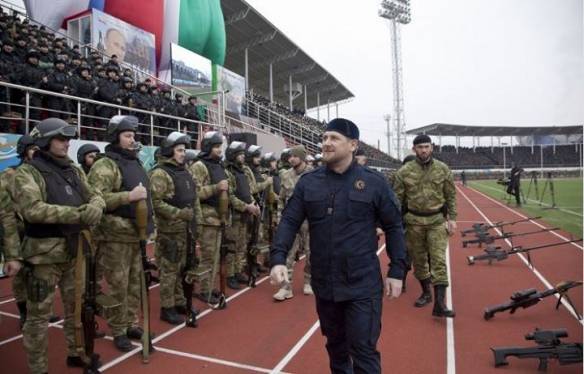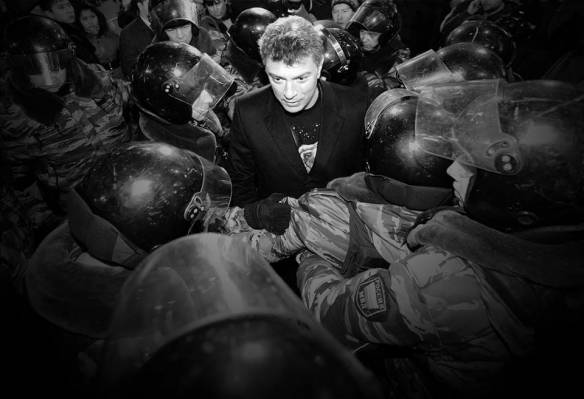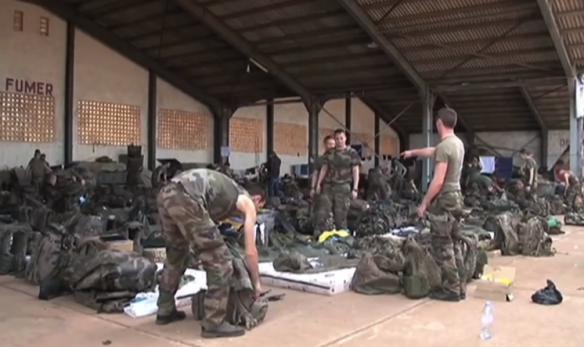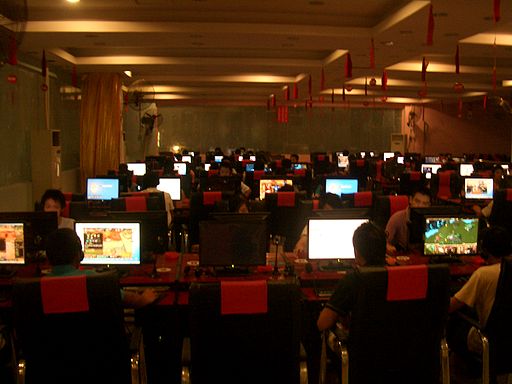
Chechen para-military forces swear loyalty to Ramzan Kadyrov.
It took a week for the Russian Federal Security Service (FSB) to produce a pair of plausible suspects in the shocking murder of Boris Nemtsov on February 28. Last Saturday (March 7), FSB Director Aleksandr Bortnikov reported to President Vladimir Putin that two men implicated in the crime were under arrest; and on Sunday, another man killed himself with a hand grenade in Grozny… Too many loose ends in this crime persist, however, for one to have any confidence in the official version.
Putin is no more able to assert effective control over rogue elements within the special services than his subordinates are able to turn Rosneft or Russian Railways into modern, efficiently managed corporations. The best he can hope for is to keep up the appearance of firm leadership: and pinning the blame for the elimination of a brave dissident on Western-sponsored Chechen rebels is a convenient means toward this end. Such a policy, however, cannot alter the reality of the ungovernability of the siloviki-dominated Russian state, which oversees a degenerating crony capitalist economy.
The rest of the article is in Eurasia Daily Monitor, March 9.




